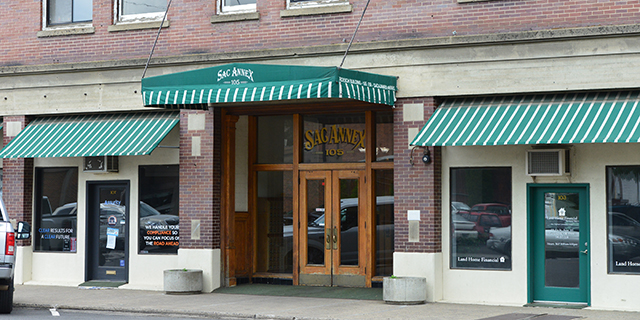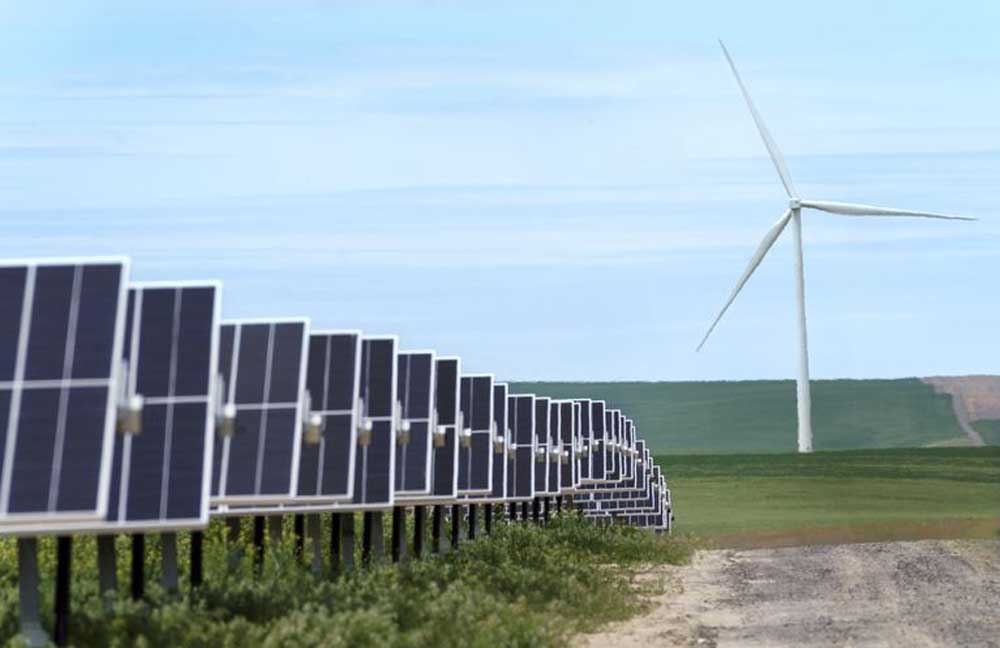Other Views: Vote as though the future depends on it
Published 5:45 am Tuesday, October 29, 2024
There’s only one issue confronting us, and we’re all starting to get the picture.
When we moved to La Grande in 1980, I wanted to get an idea of what the climate was like. NOAA had an outstanding publication with thirty years of climate data for Union County. I’d come from Nevada and so I was interested in the summertime temperatures. In Las Vegas, a typical August day warmed to between 105 and 115 degrees. We would awake at 5 a.m. working on the flightline before it became so hot the skin of the aircraft would burn us.
I was delighted to find out that on average Union County experienced one day every three years that exceeded 100. Those were the good old days. Over the last half-dozen years we’ve experienced the new normal: a series of 100 to 105 days strung together like beads on an overheated necklace. Extreme heat, flooding, long periods of drought — these events keep happening with more regularity the world over. Yet many of our so-called political leaders are in lockstep, denying those changes.
At a climate conference in New York, a representative of the Heritage Foundation scoffed at the idea of climate impacts. A few days later the third hurricane in 13 months ripped through the north coast of Florida with 140 mph winds. Helene grew to monstrous size and power fed by Gulf waters at a sweltering 86 degrees, fuel for that beast of a storm. Small coastal villages were wiped out. It continued on, plowing a path through Georgia straight to the Appalachian chain, wrecking towns and cities on both sides of that mountain range in the Carolinas, Tennessee and Virginia. It will take years to rebuild, if ever. That storm was followed in quick succession by Milton, driving millions of people away from Florida’s east coast and flooding that low country.
What have our politics looked like as all of this reality takes hold? The last few years have been encouraging. Violent crime has fallen every year since 2020 — the year of the pandemic. So much so that in 2023 the FBI recorded the largest drop in the number of murders in two decades. It’s not an issue.
The Inflation Reduction Act — the most important piece of legislation in more than 50 years — was designed to pay for itself and power our economy, delivering climate benefits for decades by reducing our reliance on fossil carbon. The number of jobs in renewable energy are exploding, with benefits that will keep on delivering for decades if we stick to the plan. The economy is no longer an issue.
Thanks to those investments, and with the virus largely contained, the U.S. economy recovered faster than any other advanced country. Inflation was reduced very quickly compared to many places, and unemployment dropped along with it. Neither are an issue now.
That’s industrial policy. It’s the way governments, including ours, China’s and in Europe steer development in a desired direction. It’s how returning GIs got housing and education, and how coal, oil and gas development were subsidized through tax breaks since the 1950s. It’s also how Tesla got started though another startup Solyndra failed. That was industrial policy from the Obama administration. It’s why some economists think Americans should get a cut of the winnings since we gamble on the losers as well.
But all the hard won progress after COVID-19 is at risk with changes to the climate we’ve known. Social, cultural, political, and economic chaos could follow if we don’t focus on reducing our carbon emissions. I’ve written before about the variability of these effects. They can happen in the same year and as we’ve seen, even in the same region. Fires, floods and drought will force people to move. That’s already happening. Some will have to leave their friends and family behind. Agriculture will fail in hard hit places with too much water, or too little.
Finally, those eager to deny this new reality in order to preserve business as usual will be only too happy to sow discord in the electoral process. It’s up to all of us to vote as if our future and that of our descendants depends on it, because it does.









